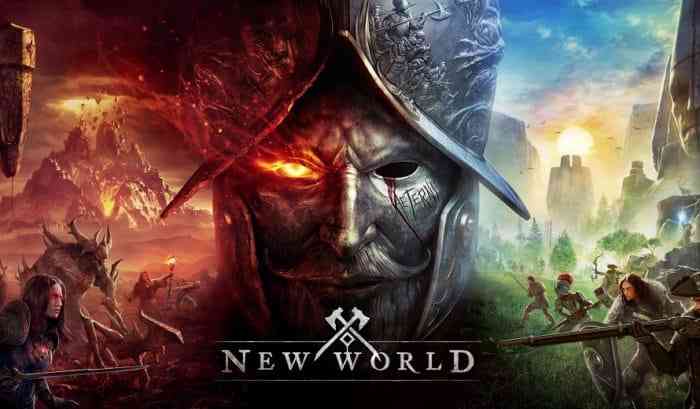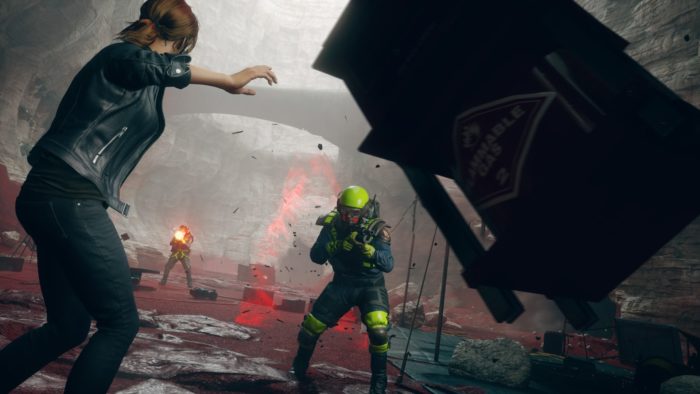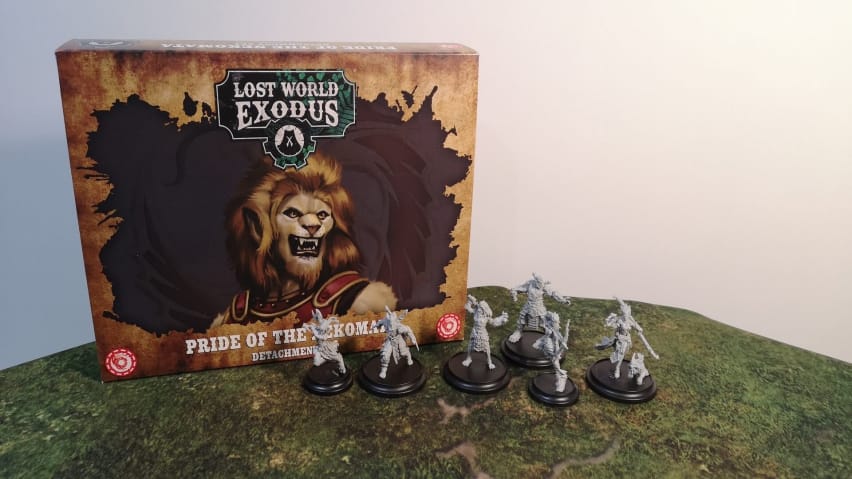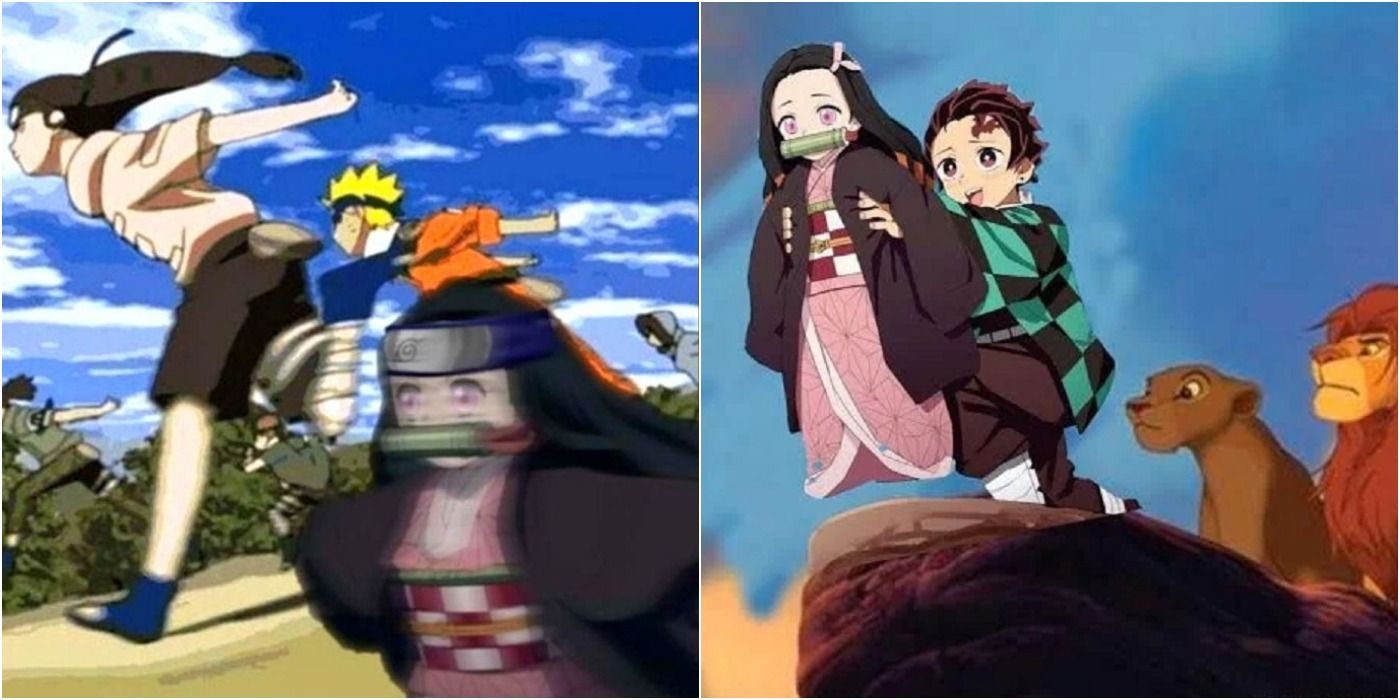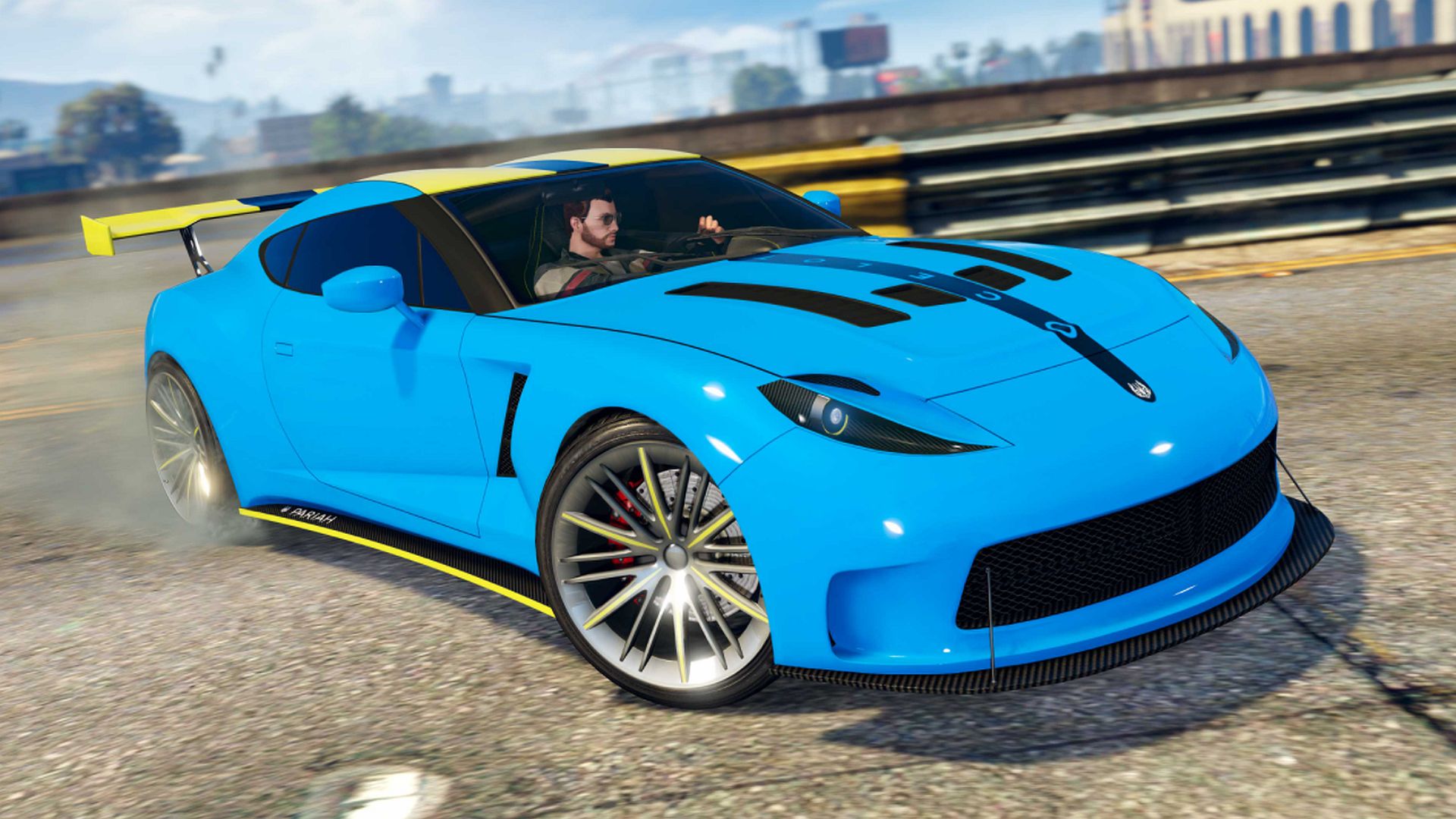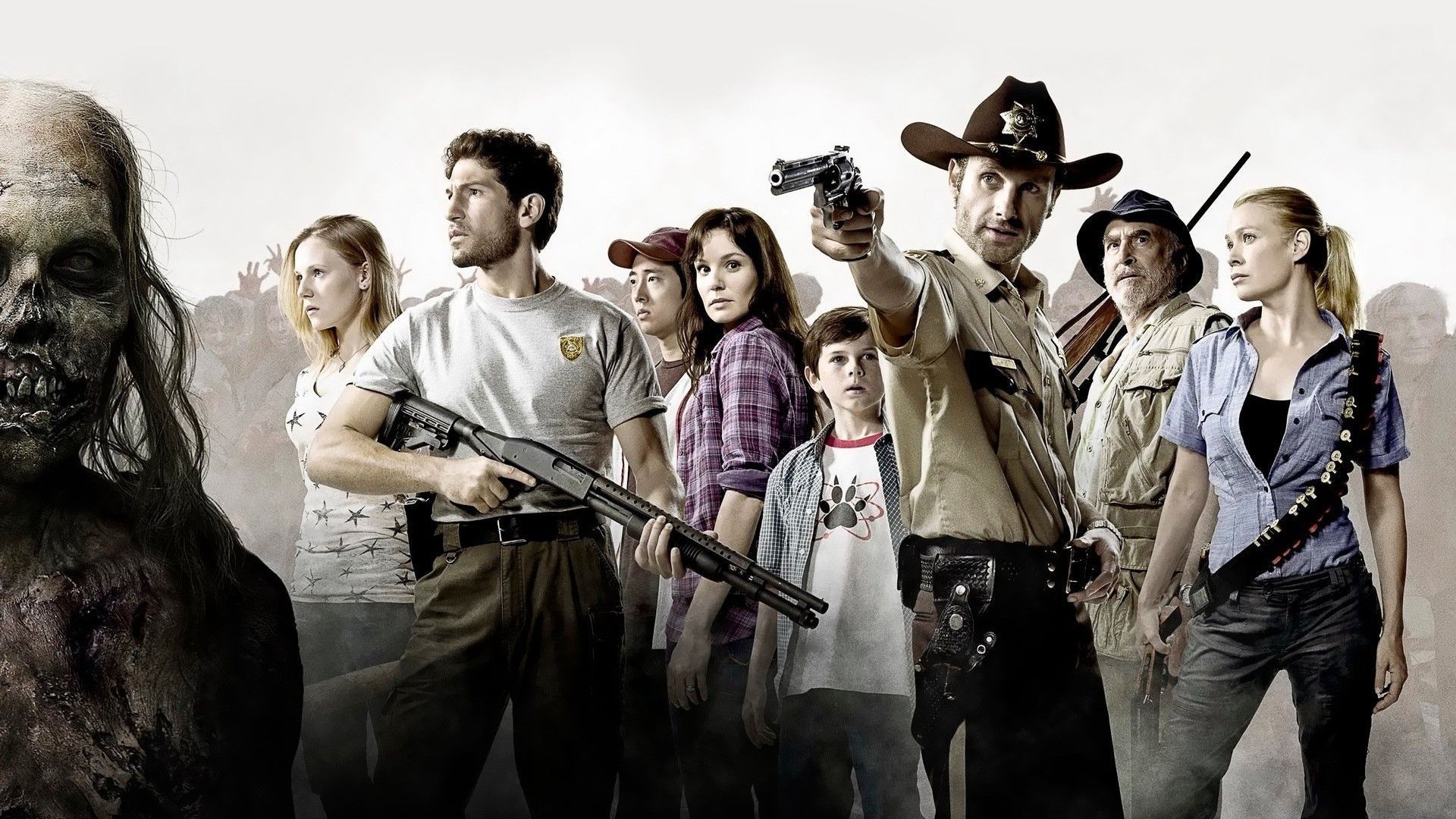
I haven’t watched The Walking Dead for several years now, having gone off it as the television show descended into a mess of boring characters, dry dialogue, and plot points stretched across seasons so needlessly overlong that they lost all impact. Like the undead creatures that shamble across each episode, AMC’s once prestigious juggernaut has become a hollow husk of what it used to be. Hardcore fans still remain, but the fever that surrounded the show over the past decade has long since dissipated.
Rick’s apparent death in the show seemed to accompany a mass exodus of viewers, with the network now confirming that Andrew Lincoln will be returning as part of a few standalone adventures to help wrap up his overarching storyline. It feels like an unusual cry for help, especially with the main show and its myriad spin-offs all struggling to stand out amidst a homogenous mixture of repetitive zombie slaying and human drama that feels too contrived to really matter. The current picture is a shame, given The Walking Dead started off so well.
Related: Ricky Cometa On The Art, Production, And Impact Of The Owl House
All currently aired seasons were made available on Disney+ this week, so I decided to dip back into the first season after watching the awful Loki Simpsons short, and I was surprised by how well everything holds up.
Of course, there are some awkwardly composited special effects and the mystery surrounding the apocalypse is diminished when I know everything these characters are set to experience, but that’s not important. When approached from the context of its premiere way back in 2010, The Walking Dead changed the TV landscape in immeasurable ways. Alongside Game of Thrones, it carved out its own slice of pop culture that attracted millions upon millions of fans who remained dedicated for years.
The fact this infatuation has fallen away with recent seasons shouldn’t discount what the show managed to accomplish, and having watched its debut episode for the first time in forever, it’s abundantly clear why it resonated with so many. Its opening scene is completely silent, no dialogue accompanying Rick Grimes as he steps out from his car and ventures into a ruined campground in search of gasoline. Broken down cars are occupied by rotting corpses, litter and leftover belongings providing hints of a conflict that inevitably descended into uncontrollable bloodshed. In this moment, it’s beautifully quiet, right up until the gentle shuffling of a child’s footsteps rings in our hero’s ear. It’s a little girl, dressed in pyjamas and clutching a plushie as Rick calls out to her.
Unlike in later seasons, his definition of right and wrong remains unclouded. This is a character with a firm understanding of justice, refusing to murder another human being if a passive resolution can be found, but the world has changed, and he’ll need to change with it. As the child turns around, it becomes clear that she’s infected, her mouth torn open to reveal a bloody set of teeth accompanied by fiercely bloodshot eyes. She rushes towards Rick, and he has no choice but to open fire and put her down. Within minutes, The Walking Dead has murdered a kid on screen, making it perfectly clear where its boundaries are and how far it’s willing to push past them. It sounds like excessive shock value today, but 11 years ago, it was something network television would never dare touch.

The opening credits start as her body hits the ground, leaving viewers in a state of stunned confusion that soon translated to an investment that would stretch over a season that remains the series’ highpoint. Directed by Frank Darabont, who previously helmed an excellent remake of The Mist with a number of similar cast members, the season opener is a grand introduction to the end of the world. Rick’s awakening from a coma inside an abandoned hospital is profound, and we’re mourning alongside him as he stumbles home in search of his missing family. Its incredibly far-fetched, yet also relatable in how it depicts the level of anxiety we’d all experience in the same situation. Imagine waking up and discovering that the world has fallen apart in your absence, everything you’ve ever known thrown asunder and all that’s left are the ashes. Now Rick just needs to find his loved ones and survive no matter the cost.
The first season is excellent. Its storytelling is succinct and its cast of characters contained enough that each and every one of them receives a decent amount of development. Obviously some of them exist purely to be eaten by zombies, but Rick Grimes, Daryl Dixon, Lori, Carl, Shane, Glen, and even T-Dog all shine in the episodes to come, and it’s all thanks to a pilot that helps this surreal vision feel so convincing. It concludes with Rick venturing into Atlanta on horseback, unaware the city has long become a fortress for the undead. I can show the landscape shot of him trotting along the highway to anyone and they’ll immediately tell me where it’s from, which is a testament to how iconic the show has become.

Rick is loud, overly confident, and ignorant to the dangers that await him. We know all too well that things are about to descend into chaos, so when a horde ambushes him and he finds shelter inside an abandoned tank, all seems lost. Before Rick resigns himself to suicide, a voice on the radio rings out, and it’s a mocking one. It’s the first sign of wit or sarcasm we’ve seen in this new society, hinting that perhaps humanity hasn’t lost its way after all.
Rick is fine, and he’ll go through dozens of fake-outs in the episodes and seasons to come, but the first one remains impactful. Taking away the power of hindsight, this is still one of the most influential hours of television in modern times. It gave way to a resurgence in zombie media that has now returned to a state of homogeneity, while showing that comic book adaptations stand a chance at being global hits if marketed, cast, and directed in a way that does the source material justice while expanding upon it in daringly unique ways.
I doubt I will ever return to The Walking Dead, but I’d be a fool not to appreciate how much it meant to me in my younger years, and the legacy it leaves behind while continuing to move forward. Heck, I doubt Norman Reedus would have made it to Death Stranding if Hideo Kojma didn’t have a crush on Daryl Dixon, so we can thank it for that, too.
Next: Breath Of The Wild 2 Should Do Away With Flashback Storytelling
